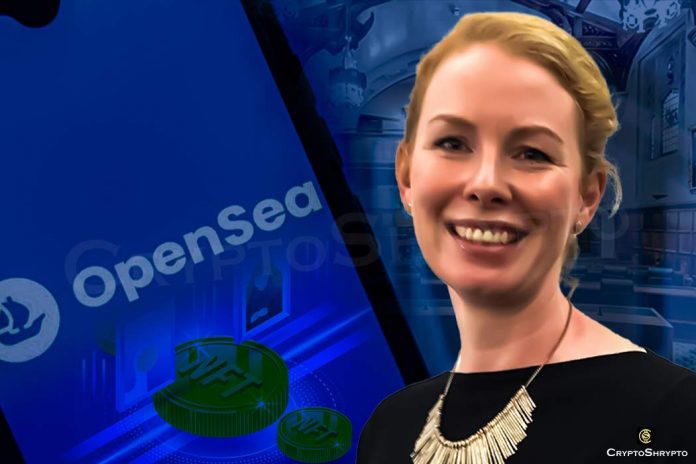After months of frequent NFT thefts, skilled hackers exploited flaws and low security literacy to grab high-profile NFTs. In the last week of April, the UK High Court gave a verdict stating NFTs are ‘property’. As a result of the verdict, victims of NFT theft can now have their stolen assets frozen by court orders. It is all thanks to Lavinia Osbourne’s theft case making its way to the UK courtroom, which brought the latest verdict. This decision is significant for England and Wales because it clarifies that NFTs are property that may be frozen by an injunction.
Lavinia Deborah Osbourne, the creator of Women in Blockchain Talks, filed the lawsuit in March stating that two of Osbourne’s NFTs from the Boss Beauties collection, a set of 10,000 NFTs portraying illustrated, varied, and successful business women trading on the OpenSea platform, were stolen from her online wallet. The lawsuit brought UK court attention to the NFTs theft.
According to the UK court verdict, the judge determined that the stolen assets were “property” and so entitled to legal protection. An judgement was filed against the Ozone Networks accounts, freezing the assets and compelling OpenSea to reveal any and all information it possessed on the two account holders allegedly in possession of the stolen NFTs. According to the sources, Racheal Muldoon, a counsel on the case, remarked:
“It is of the utmost significance as, for the first time in the world (as far as we are aware), a court of law has recognised that an NFT is property capable of being frozen by way of an injunction.”
She went on saying:
“This ruling, therefore, removes any uncertainty that NFTs (as tokens consisting of code) are property in and of themselves, distinct from the thing they represent (e.g., a digital artwork), under the law of England and Wales.”




